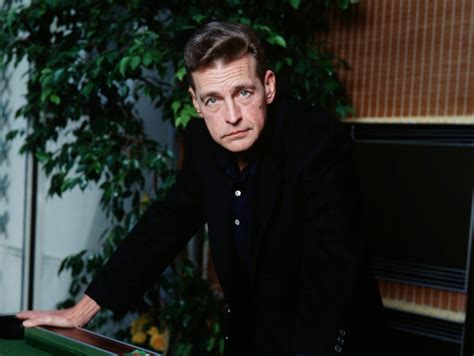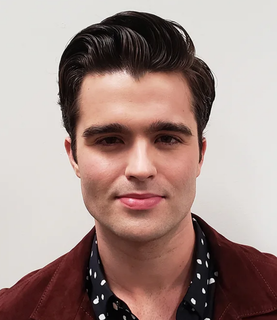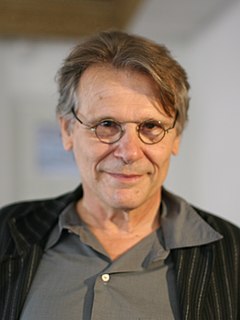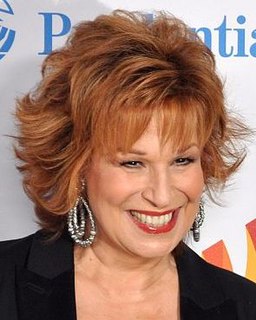A Quote by Nick Tosches
When I was young, I kept trying to read 'Moby-Dick', and I couldn't get that far into it. And I kept thinking, 'Well, man, if I can't read the great American novel, I could never be a writer.' And this bothered me a great deal.
Related Quotes
At one point I would read nothing that was not by the great American Jews - Saul Bellow, Philip Roth - which had a disastrous effect of making me think I needed to write the next great Jewish American novel. As a ginger-haired child in the West of Ireland, that didn't work out very well, as you can imagine.
There is a young fella who works for me, named Brian Unkeless, who's very smart. We're a very small company that has been Brian and me and two assistants, although we're growing a little bit now. He read the [The Hunger Games] book and loved it, and told me I should read it. He had been a fan of the Gregor books. So, I read it and couldn't put it down and couldn't stop thinking about it. I really became obsessed with the thought of producing it, and was completely bothered by the idea that anybody but me could produce it.
As far as people communicating with each other well I think that listening is important. You know really trying to read between the lines of what some body is saying and trying to read their mind a little bit where there at because most people don't really say what they're feeling. Which is the bones of great literature.




































